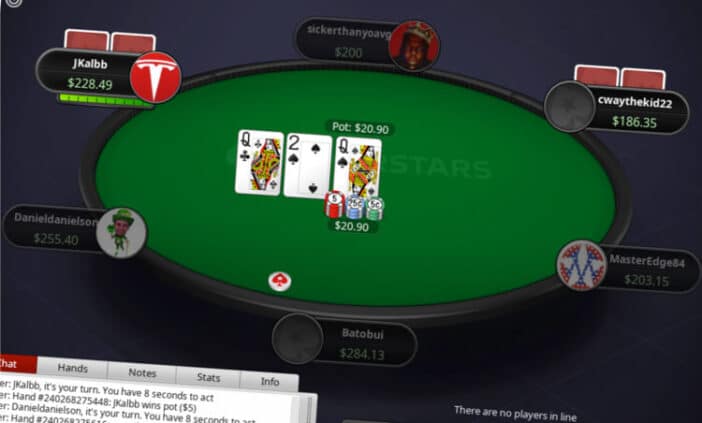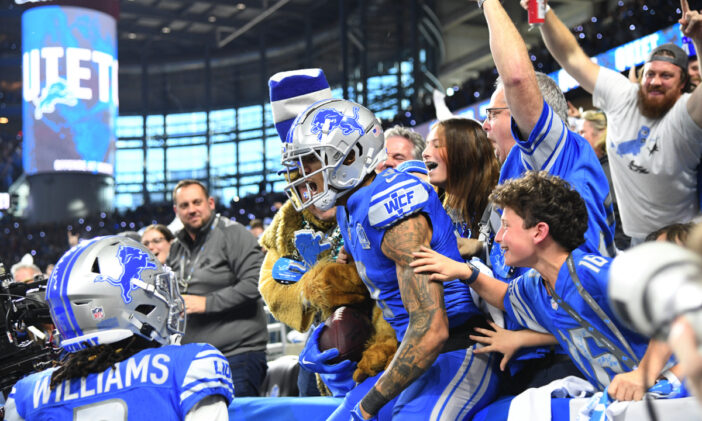The first day of 2023 will bring with it the first chance for Michigan online poker players on PokerStars to join those in New Jersey in pooled games and tournaments on the site.
PokerStars previously shut down the sites in the two states temporarily Dec. 12-13 to prepare them to accommodate multi-state play, and it announced Friday that the combined player pools will take effect Jan. 1. The aim is to offer more options and bigger prizes as result of having more participants.
“Michigan and New Jersey joining forces is great news for our players in these two states, and poker, more generally, as it promises a better experience and even more value, all with the confidence provided by a trusted, licensed operator,” PokerStars US Managing Director Severin Rasset said in a press release. “We worked closely with the regulators of New Jersey and Michigan, and we hope that more will follow this great example.”
To inaugurate the pooled play on Sunday, PokerStars announced two special tournaments will be held that day. At 6 p.m. ET, a $100,000 online tournament will be held with a buy-in of $100. At 6:30 p.m., a tournament with a guaranteed payout of $50,000 will carry a buy-in of only $10.
Players can register for both tournaments starting Tuesday.
More pooling could lie ahead
While PokerStars customers will be the first in Michigan able to take advantage of pooled play, customers of WSOP.com in New Jersey have for years been joined by those from the smaller states of Delaware and Nevada.
Those three states were the original partners in the Multi-State Internet Gaming Agreement, through which they allow operators to have their players cross state lines to compete. Michigan was accepted into the multi-state compact in April and has been working since then on regulatory and technical details to enable the conversion to occur.
WSOP and BetMGM, the other iPoker operators in Michigan, have yet to announce plans for pooling involving the state’s players.
Pennsylvania is the other major state where online poker is legally played, but it has yet to formalize plans to join the Multi-State Internet Gaming Agreement.





